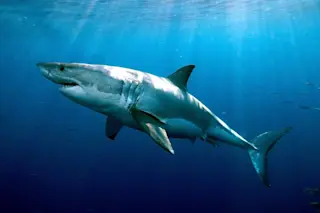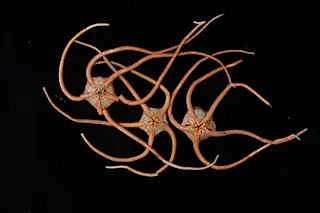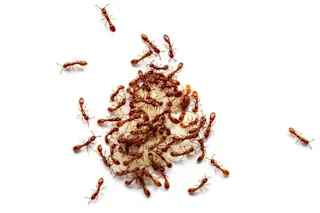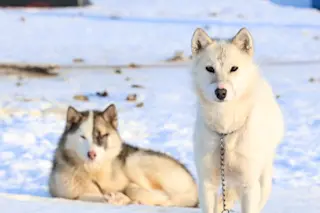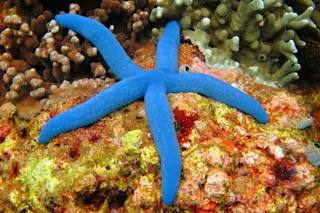Chihuahuas, Boston terriers, and Pomeranians have this much in common: They’re tiny. Part of what makes them that way is the mutation of a single gene called insulin-like growth factor 1 (IGF1), according to a group of researchers from the University of Utah, Cornell University, and the National Human Genome Research Institute.
The researchers began their study by looking at dogs of one breed, the Portuguese water dog, and found that those with one type of mutation of IGF1 were 15 to 20 percent smaller. The researchers ultimately studied 3,000 dogs from 143 different breeds to determine how that gene mutation was distributed across the species. They discovered that the smallest breeds, like Chihuahuas, all had the same gene variant that would make them small. Similarly, 100 percent of the largest dogs, like Great Danes, had a variant that would make them big.
The group was surprised that so many ...






